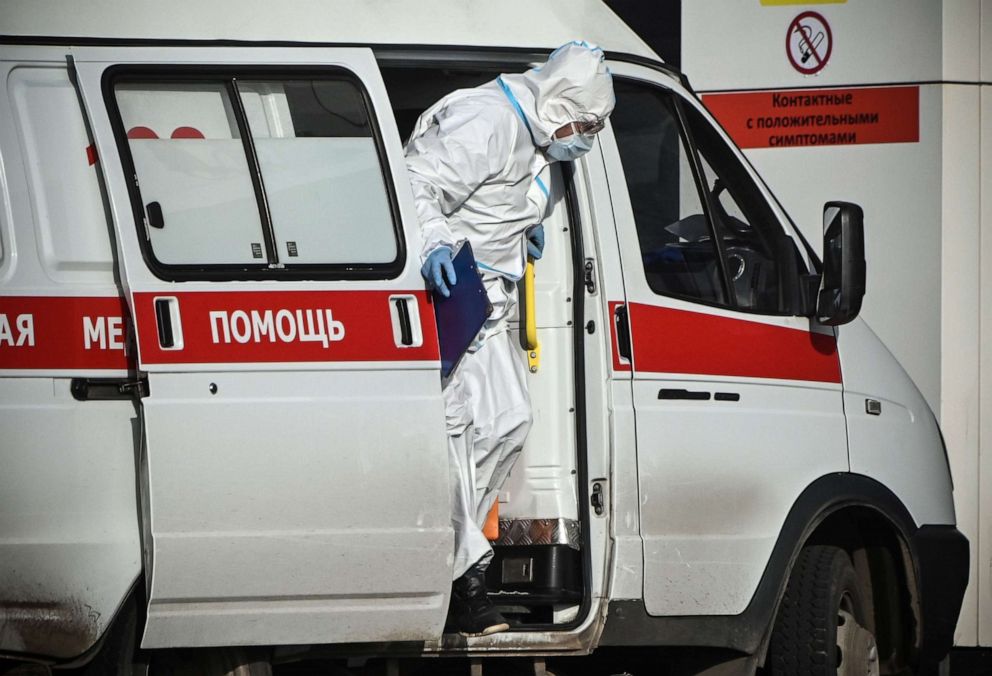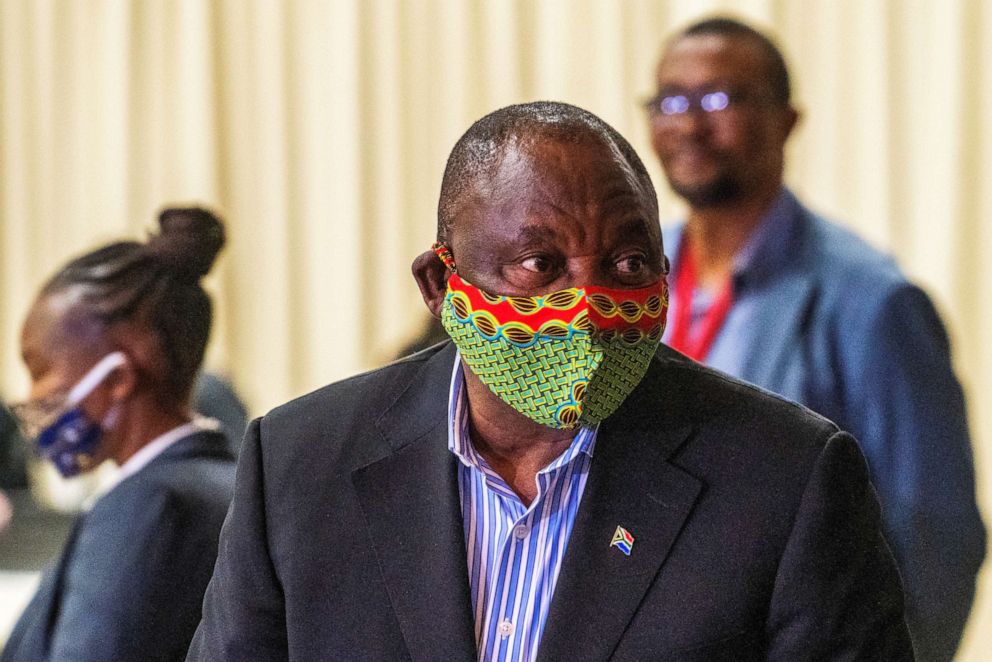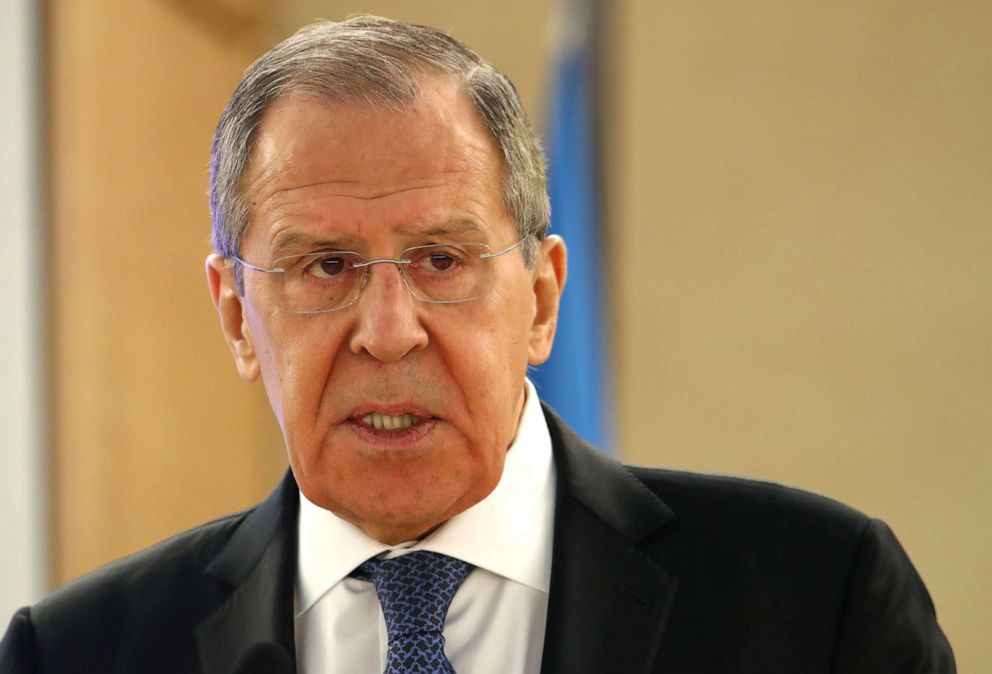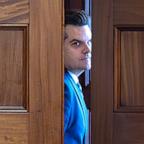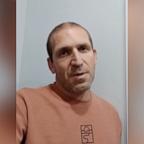Eli Lilly to supply US with 300,000 vials of experimental antibody drug
Eli Lilly and Company announced Wednesday an initial agreement with the U.S. government to supply 300,000 vials of one of its experimental antibody treatments for $375 million to help fight the coronavirus pandemic.
The federal government will accept the vials of bamlanivimab, a monoclonal antibody drug, if it is granted emergency use authorization by the U.S. Food and Drug Administration. The initial agreement also provides the option for the federal government to purchase up to an additional 650,000 vials through June 2021, according to a press release from Eli Lilly and Company.
The Indianapolis-based pharmaceutical firm submitted a request earlier this month for the FDA to authorize emergency use of bamlanivimab in non-hospitalized, high-risk individuals with mild to moderate cases of COVID-19.
"The U.S. is experiencing a surge in COVID-19 cases and associated hospitalizations," said David Ricks, chairman and CEO of Eli Lilly and Company, "and we believe bamlanivimab could be an important therapeutic option that can bring value to the overall healthcare system, as it has shown a potential benefit in clinical outcomes with a reduction in viral load and rates of symptoms and hospitalizations."
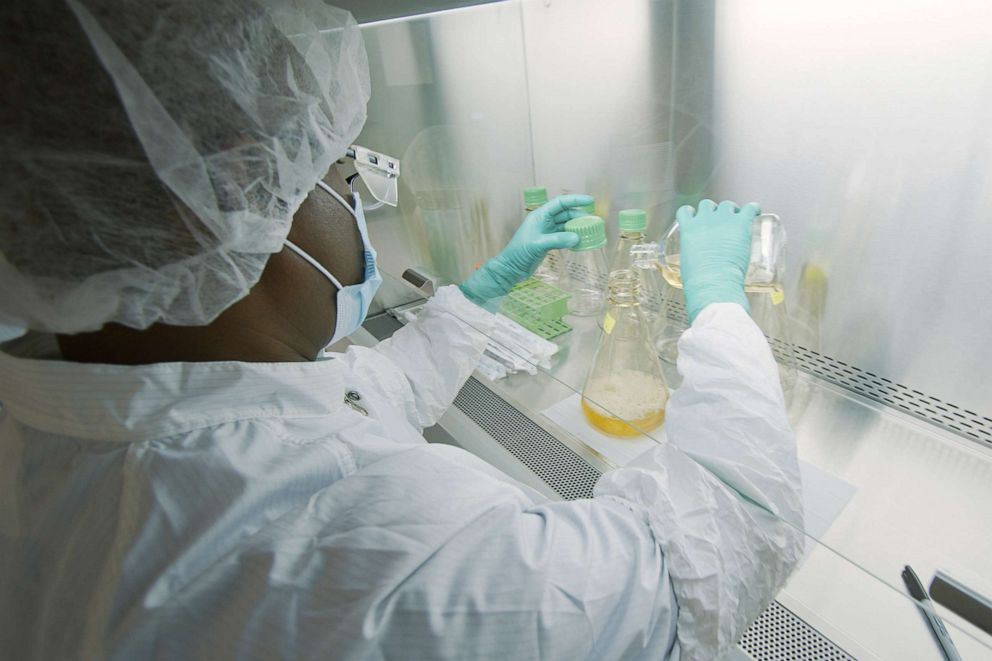
If the FDA authorizes use of the therapeutic, the federal government will allocate the doses to state and territorial health departments which will then determine which health care facilities receive the drug for use in outpatient care. The government-purchased doses would become available to Americans at no cost, though health care professionals could charge for administering the intravenous infusion, according to a statement from the U.S. Department of Health and Human Services.
"This agreement with Eli Lilly is part of Operation Warp Speed’s efforts to position the federal government to distribute potential therapeutics, allowing faster distribution if trials are successful," said Secretary of Health and Human Services Alex Azar.
The deal comes after the National Institute of Allergy and Infectious Diseases announced Monday that it has stopped testing a combination of bamlanivimab with the antiviral medication remedesivir in hospitalized COVID-19 patients, after an independent review of results found a "lack of clinical benefit." Eli Lilly and Company said that all other studies of bamlanivimab, including its own phase 3 clinical trials, will continue and that it remains "confident" that the drug may help prevent progression of COVID-19 for individuals earlier in the course of their disease.
